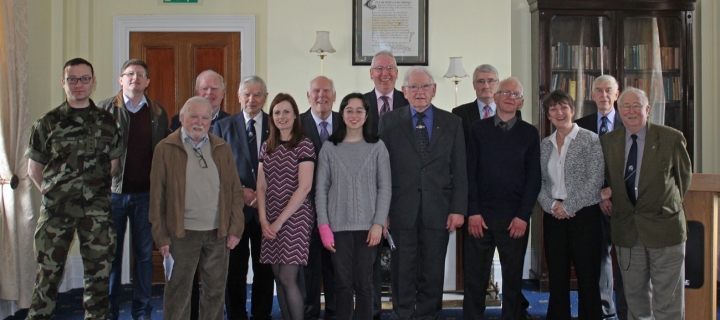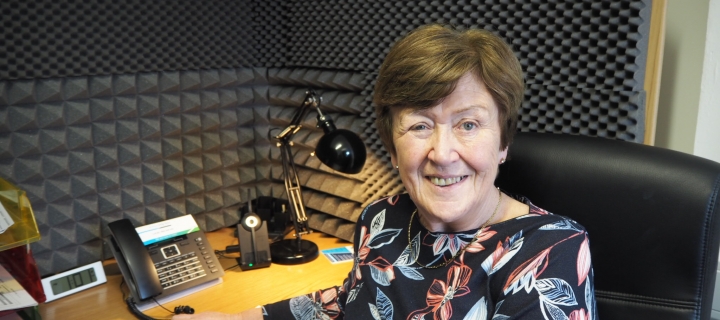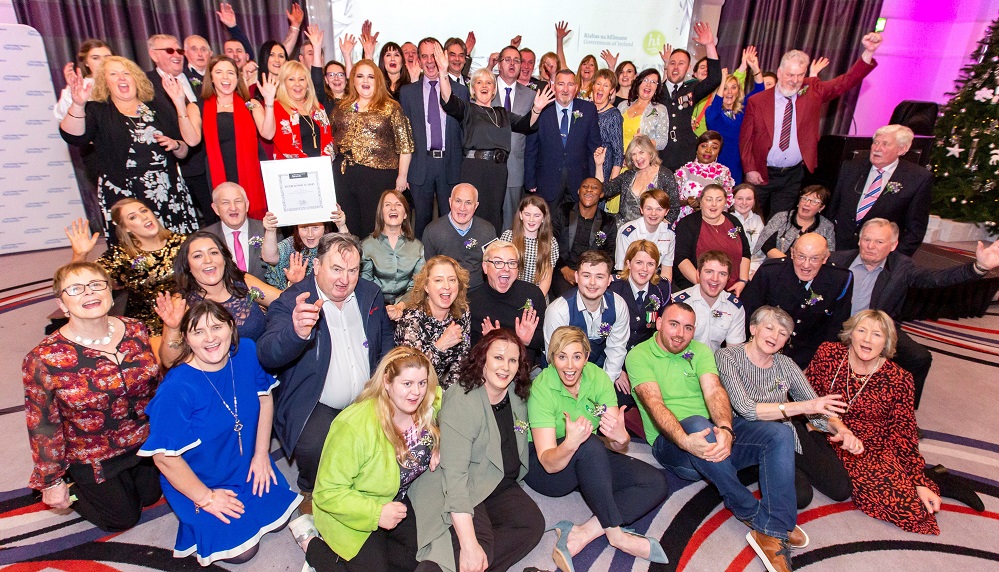
Stuart Garland is Volunteer Ireland’s Training and Programmes Manager. Having worked as a Volunteer Manager for a number of years, managed a Volunteer Centre and been a volunteer himself he has a unique insight into the current volunteering landscape.
Back in September 2008 when the recession hit Ireland’s economy CEOs of NGOs were left with difficult decisions to make about staffing levels in their organisations. Many had to reluctantly let staff go. In a number of cases the first person to be let go was the Volunteer Manager. One would almost expect the next step was to fire all the volunteers, but that didn’t happen.
Fast forward 10 years – has the landscape changed? Have we learnt anything? Are we valuing our volunteer programmes?
Problems in volunteer programmes often relate to unrealistic assumptions of what the organisation thinks the volunteers want to do and how much time they have to commit, without ever asking the volunteer for their input. Unclear or no role descriptions as well as volunteer policies which read like rule books written in 1863 do nothing to speak to today’s volunteer.
Excellence in volunteer leadership is about understanding the motivations of volunteers and using active listening, mentoring, evaluation and reflection to develop and support the volunteers.
The days of volunteers committing to volunteering for the rest of their life are over, and we need to start changing our programmes to adapt. Informal volunteering is starting to surpass formal volunteering in some countries around the world.
Here’s some reflective questions to ask yourself, which might help point you in a new direction
- Do your organisation’s mission and values actually speak to the volunteers about the value they bring to the organisation? Does it talk about the impact they can make to your organisation? Does your mission speak volumes about the value you place on volunteers or are volunteers just an afterthought?
- Does your Volunteer Policy speak to volunteers or does it read like a rule book?
- How reflective of society is your volunteer programme – how diverse is your volunteer pool? (There are over 535,000 non-Irish Nationals living in Ireland representing over 200 different nationalities)
- Do you offer flexibility in your roles? 58% of volunteers are looking for short term, episodic roles.
- Volunteer motivations are very different to those of employees, however there must be clarity between all roles.
- Feedback is key to the success of your volunteer programme – not just asking for it, but acting on it and sharing those experiences.
- Are you struggling to recruit new volunteers? Remember that successful programmes don’t struggle with recruitment as their volunteers speak positively about their experiences to potential new volunteers.
- Do you support and encourage CPD for your Volunteer Managers?
Providing leadership for volunteers can be exhilarating, challenging, exciting, tedious, rewarding and demanding, all at the same time. Volunteer leadership is about recruiting the right people for the right roles, engaging them in the organisation and then most importantly empowering them to be ambassadors for your organisation.
Investing in your volunteer programme is not just about supporting and resourcing your volunteer programme, it’s about investing in a future for your organisation.
If you’re unsure of how well your programme is doing why not check out Volunteer Ireland’s Volunteer Health Check or Volunteer Impact Assessment? You can contact Stuart about these tools on [email protected].

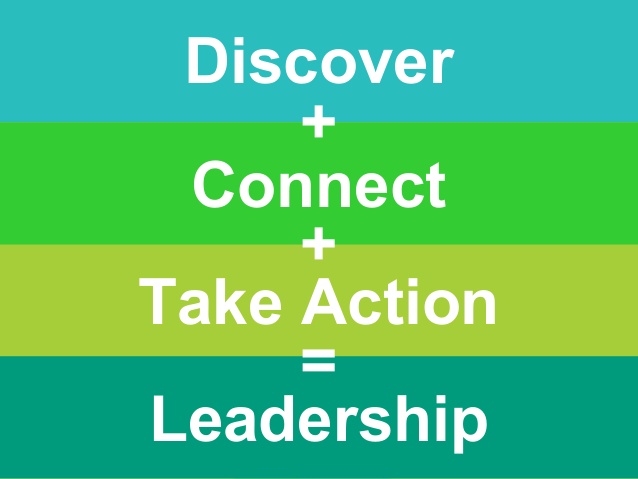

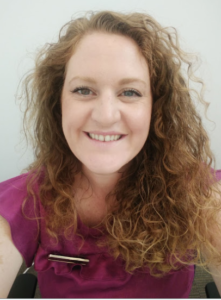 Barbara Kilbride, Coordinator of Volunteer Services at
Barbara Kilbride, Coordinator of Volunteer Services at 